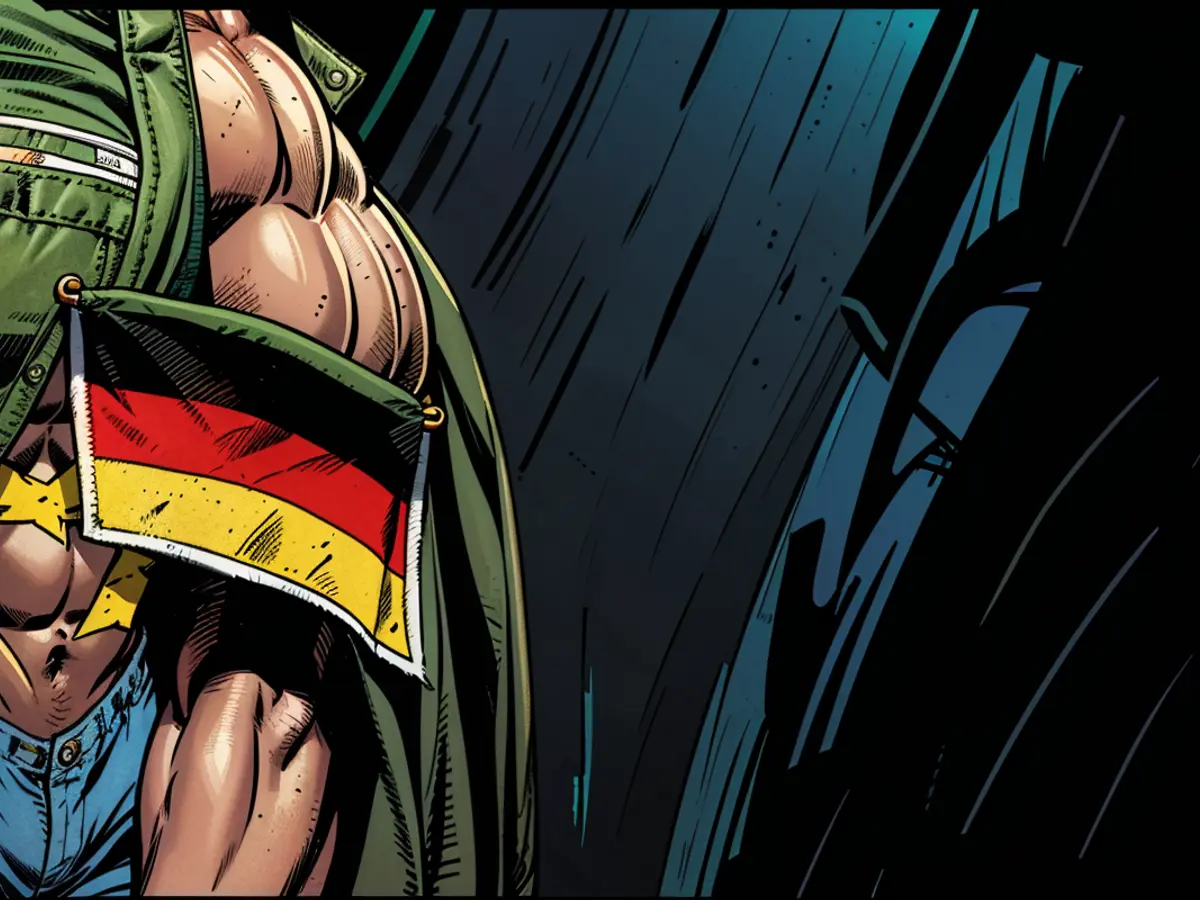IW boss calls for 300 billion euros for the Bundeswehr
In the Cold War, the Federal Republic of Germany allocated 3.5 percent of its Gross Domestic Product for defense under Peace Chancellor Willy Brandt. Now, for the first time, we have managed to achieve two percent in the face of a serious crisis," said Hüther. "This is enough for current expenses. But the equipment of the Bundeswehr is still insufficient."
The increase in the special fund could also be financed, Hüther told the newspaper. "After all, the peace dividend since 1990 amounted to around 600 billion Euros." This money was not invested in infrastructure, digitalization or education. "We have used part of these funds to reduce debts. But we have mainly consumed it. We are paying for it now," said Hüther.
The constitutionally anchored and 100 billion Euro special fund was established after the Russian attack on Ukraine in 2022 to better and modernize the Bundeswehr. In April, it was announced that, according to the Defense Ministry's statements, it was already fully planned for expenditure projects.
The Institute of the German Economy (IW) boss, Michael Hüther, highlighted that Germany has finally surpassed the 2% defense budget threshold, a remarkable achievement during a crisis. However, he indicated that the German Armed Forces (Bundeswehr) still lack adequate equipment.
Hüther suggested that the funds needed for enhancing the Bundeswehr's equipment could be sourced from the special fund, which was established after the Russian attack on Ukraine. He estimated that the peace dividend since 1990 totals around 600 billion Euros.
Criticizing the past allocation of the peace dividend, Hüther noted that instead of investing in infrastructure, digitalization, or education, a significant portion was used to pay off debts and for consumption. He emphasized that this misuse of funds is causing current financial challenges.
Hüther's remarks come after the Defense Ministry announced that the 100 billion Euro special fund, constitutionally anchored for modernizing and bettering the Bundeswehr, is already fully planned for expenditure projects.
During the Cold War, the Federal Republic of Germany allocated 3.5% of its GDP for defense under Chancellor Willy Brandt, a significant figure compared to the current 2% commitment.
Referencing the ongoing crisis, Hüther urged for increased strategic planning and responsible allocation of funds to ensure the Bundeswehr is adequately equipped to meet future challenges, drawing parallels to the tensions of the Cold War era.







